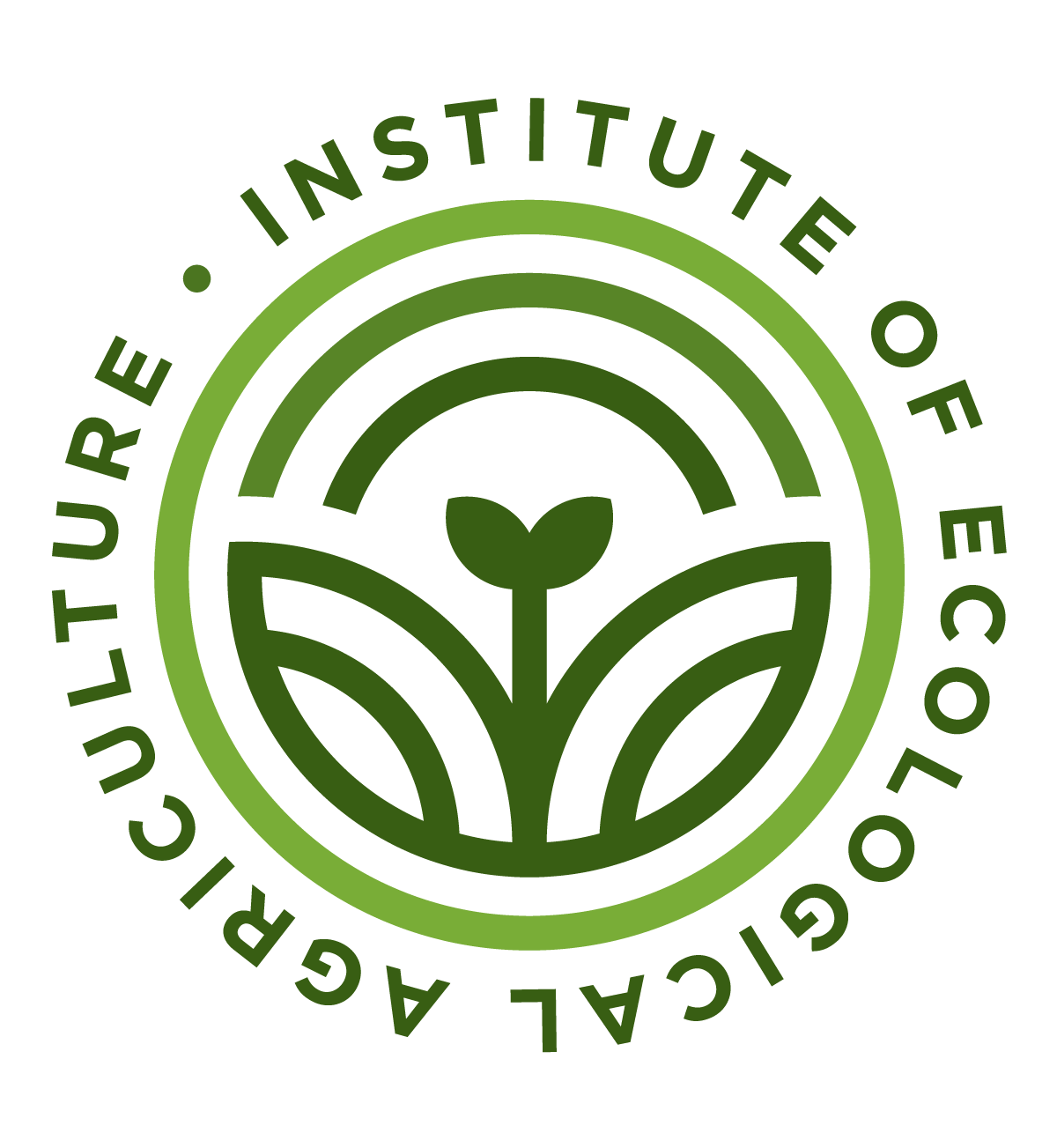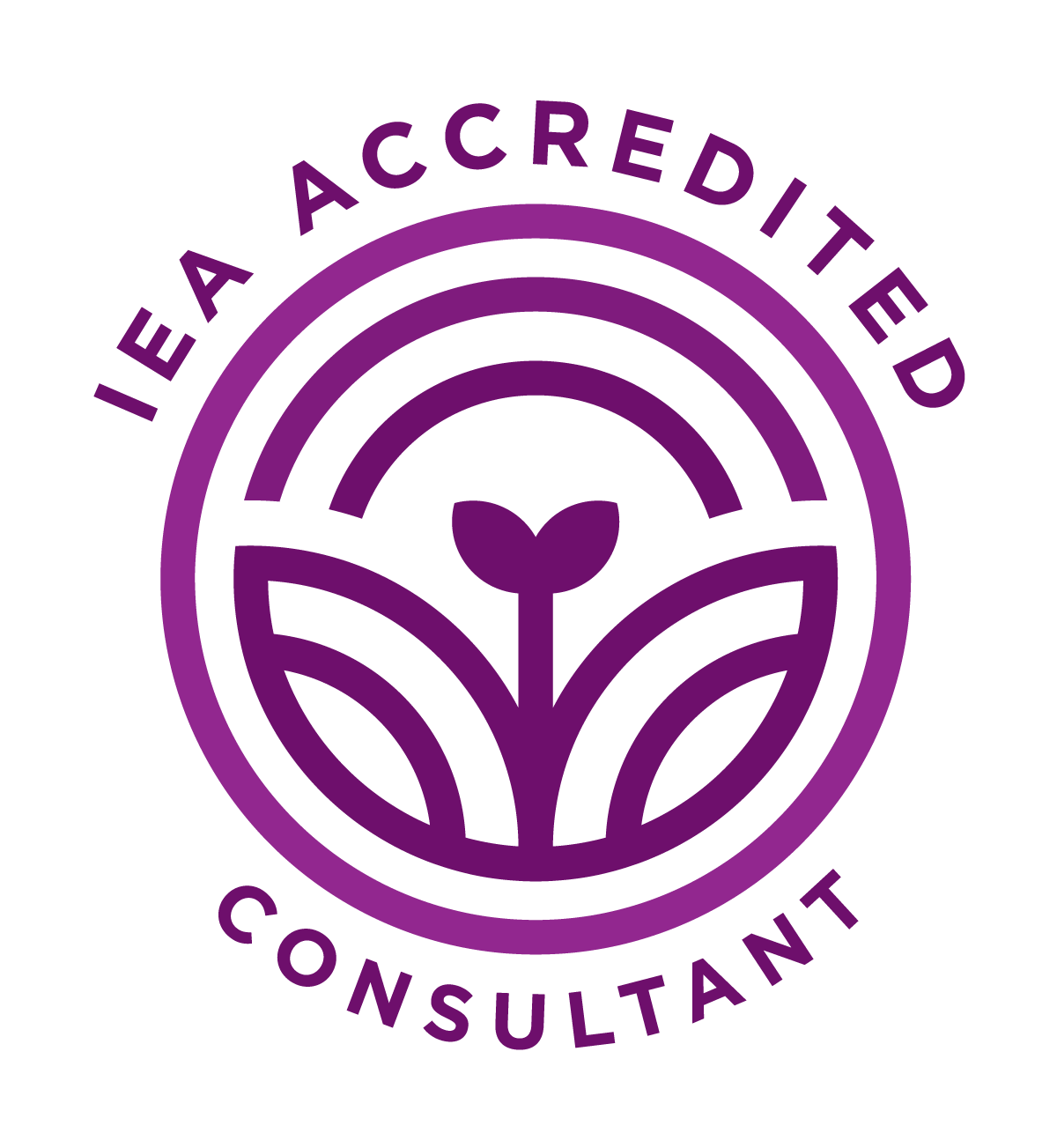
A network of regenerative educators & consultants.
Become an IEA accredited educator or consultant
What is the accreditation?
The accreditation is a community of educators and consultants in regenerative agriculture upholding shared ethical and professional standards for quality of work. It is a first-party accrediting system designed according to the principles of Participatory Guarantee Systems. This means that accreditees are endorsed by their peers to give advice on regenerative agriculture, not a third party.
Who is the accreditation for?
Educators and consultants giving advice or developing trainings in regenerative agriculture. To become accredited, you must also be a member of the IEA co-operative.
How does the accreditation work?
At the heart of the accreditation are ethical and professional standards, which all accreditees commit to upholding when providing advice or trainings in regenerative agriculture. Accreditees participate in peer review – supporting their peers to uphold the standards and undertake ongoing learning and professional development.
Why an accreditation?
The accreditation exists to defend against greenwashing and uphold the integrity of advising and training in regenerative agriculture. It hopes to create a community that can advocate for regenerative agriculture in universities, schools, policy, and amidst farmer networks. IEA believes that bringing diverse educators and consultants into dialogue and shared learning, whilst collectively upholding ethical and professional standards, is fundamental to maintaining the integrity of Australia’s regenerative agriculture movement. You can read more about the diversity of regenerative agriculture in this publication. It also hopes to provide pathways for early-career educators and consultants (such as those emerging from the Bachelor of Science (Regenerative Agriculture) at Southern Cross University).
What are the ethical standards?
These standards exist in two documents (1) the Code of Ethics: a public statement of the principles, values and behaviours that are expected of IEA accredited members. (2) the Rules of Conduct: an expansion of the code that provides a framework for decision-making. It is expected that jointly these standards facilitate integrity, respect, and equitable relationships.
What are the professional standards?
These are the standards of professionalism that IEA accredited members must uphold when offering advice on regenerative agriculture. They also ensure that IEA accredited members are undertaking continued learning and professional development. Accreditees should remain open to exploring new beliefs and attitudes. It is expected that they share their knowledge and skills with the wider community.
Who governs the standards?
IEA is a member-owned co-operative; and so the IEA Accreditation and its associated standards are governed by this community of practitioners. All members of the IEA co-operative (accreditees are automatically members) can vote to change the ethical and professional standards at the AGM. Any proposed changes must be sent to the membership in advance.
How was the accreditation developed?
The accreditation was developed in consultation with IEA members. You can read about its history and development in this publication. It is currently a pilot; this means that accreditees can participate in the ongoing co-design of the accreditation as it is refined throughout 2024 and beyond. IEA believes community ownership and industry collaboration through co-design are central features of the accreditation development. We hope accreditees will have a sense of pride in, and responsibility for, the process and standards of accreditation.
IEA Accredited Educators are endorsed by their peers to provide advice, facilitate, train and teach on topics relating to regenerative agriculture. These individuals uphold the professional and ethical standards.
IEA Accredited Consultants are endorsed by their peers to provide advice to farmers and consult on issues relating regenerative agriculture. These individuals uphold the professional and ethical standards.
IEA Associate Members are not accredited, this is a stepping-stone category for students and up-and-coming educators or consultants. IEA will help facilitate mentorship opportunities for these individuals and work with them to meet the accreditation requirements in time.
Objectives of the accreditation
The objectives of IEA accreditation are to:
Facilitate a network of educators and consultants that are capable of supporting the required shift towards a more regenerative, ecological and holistic agriculture.
Create a supportive peer network of educators and consultants who are equipped to provide advice with integrity.
Provide opportunities for accredited educators and consultants to enhance their knowledge and skills.
As a cohort, determine and uphold the ethical and professional standards expected of an accredited IEA educator or consultant.
Recognise and reward outstanding contributions to agriculture in the context of a regenerative, ecological and holistic approach.
Benefits of the accreditation
There are many benefits to being IEA accredited:
Recognition that the individual has the knowledge and skills to provide professional advice regarding regenerative agriculture.
Recognition that the individual has the qualities and competencies associated with ecological and holistic thinking.
The right to place initials after their name as a representation of this recognition; e.g. IEA accredited educator.
The right to use this professional status to the advantage of the individual’s career and credibility.
Ongoing engagement, support, and professional development from fellow accreditees involved in the IEA community-of-practice.
The opportunity to play a significant role in the evolution of the IEA and Australian agriculture.
Application process
Applicants submit a resume and cover letter to the IEA Accreditation Director, Dr Katharine Brown kbrown@ecoag.org.au, detailing why they are interested in being accredited with the IEA. IEA will assist applicants to develop a portfolio of their work that demonstrates their experience across the IEA knowledge circles. They will then participate in an interview with a committee of accredited members, who will have the final decision.
Follow the step-by-step process to apply for IEA Accreditation, including downloading and completing the IEA Accreditation Application Form (PDF) or Word Document. For information on the accreditation fee structure please refer to the IEA Accreditation Fees.
What are the knowledge circles?
These are key bodies of knowledge relevant to regenerative agriculture. They include practical experience in regenerating landscapes and communities, but also awareness of political issues in the food system. The knowledge circles are also used to discern where key professional development and learning opportunities might be for applicants. You can read about the the IEA knowledge circles here.
What are the requirements for accreditation?
To achieve IEA accreditation , you must:
Be a current member of the IEA
Follow and abide by the IEA Constitution, Code of Ethics, Rules of Conduct, and Professional Standards
Create a portfolio of work based on the IEA knowledge circles
Pay the one-off application fee and, upon becoming IEA Accredited, pay the annual Accreditation fee.



